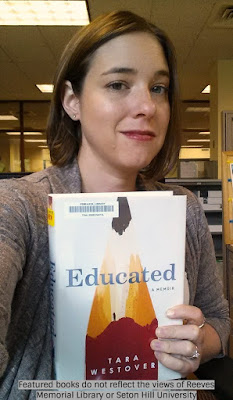Two summer Friday Reads for you in a row! Judith Koveleskie recently read Another Country by Mary Pipher and wanted to share.
 |
| Judith Koveleskie with Another Country by Mary Pipher, Ph.D. |
"Another Country by Mary Pipher, Ph.D., was written nearly twenty years ago, but it is still relevant in navigating the 'generation gap.' This term was popular a few years ago, when referring to the differences between parents and teenagers, but it is equally relevant in the relationships between adult children and older parents.
"The author is a psychologist who offers insights about the different ways that parents and children view emotions, independence, and aging. She also includes numerous interviews with older people at various stages in their life journeys.
"One particularly interesting concept is that age cannot fully define a person. She points out that formerly anyone over 65 was old. Now, however, those in good health can be considered 'young old' and their lives do not differ much from the lives they lived as younger people. However, gradually or suddenly their health can change and they become 'old old' with many different needs and in many cases a completely different way of relating to others.
"The book also discusses the gifts that each generation has to give to each other. With the aging of the 'baby-boomer' generation and the increase in typical lifespans, we have a larger elderly population than ever. As a nation, we should find better ways of caring for the 'old old' as well as learning the lessons that they have to teach us."

